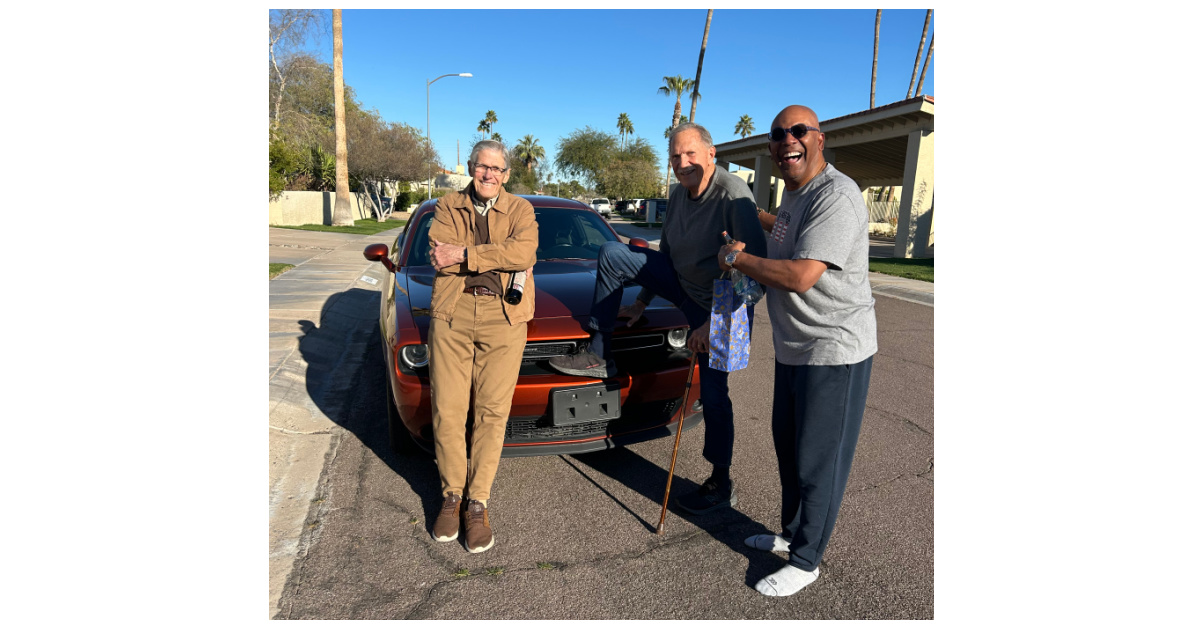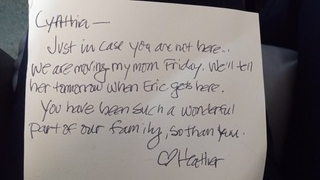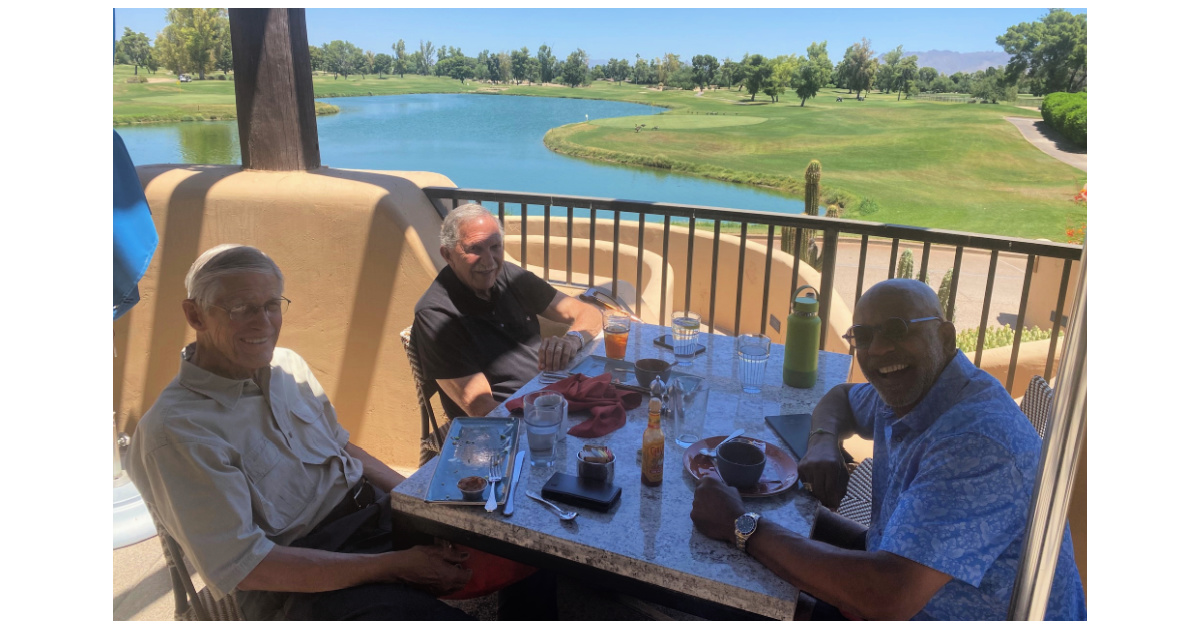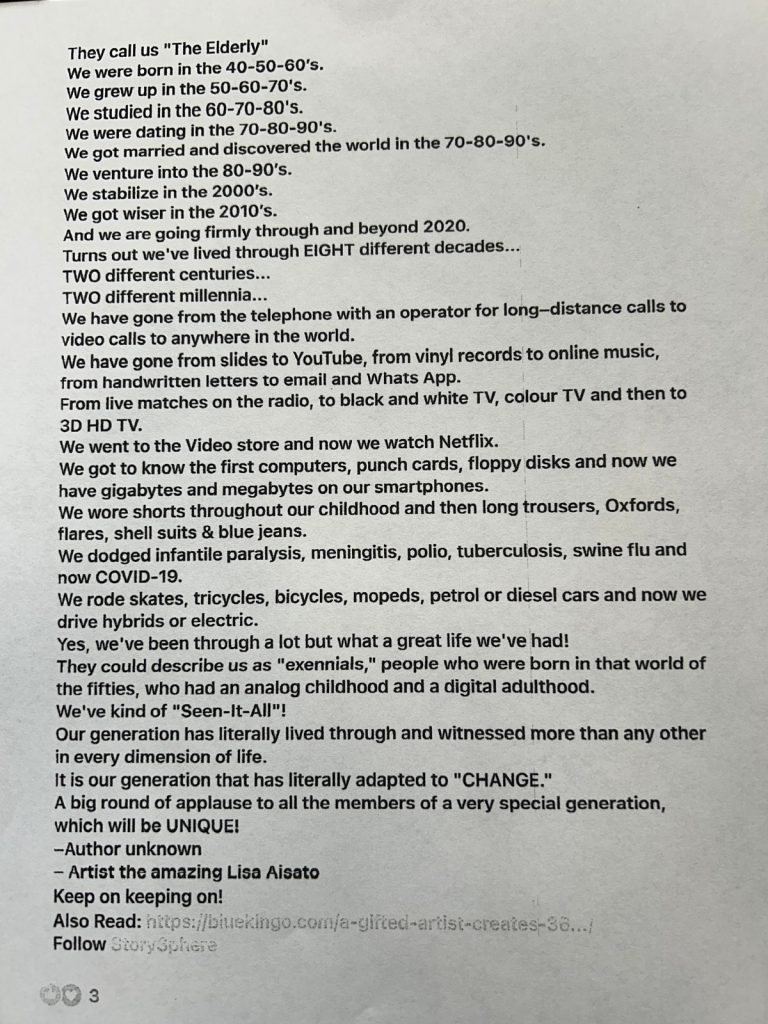February is American Heart Month and now is a great time for seniors and their families to take steps for better heart health. Doing things like changing your diet, exercising, and getting more sleep are all great lifestyle changes to make that will improve heart health in the long run. But there are also things that seniors can do right away, with the help of home care assistance, that will also help improve their heart health like:
Walk Around The Block
Exercise is very important to keep your heart healthy. Experts say that seniors should be walking for at least 30 minutes a day most days of the week. But if that’s too much right now, start by just going for a walk around the block. A home care assistance provider can encourage and support your senior on a daily walk when the weather permits.
Add A Vegetable
Seniors should be eating a heart-healthy diet that is mostly made of vegetables, some fruit, and lean proteins. But it can take time to make lasting dietary changes. To get started eating healthier seniors and their families can just add one vegetable to one meal today.
Smoke Two Less Cigarettes
Smoking is terrible for heart health. Seniors who smoke should really try to quit. But, quitting can be a process. Get started by smoking two less cigarettes today. You won’t even notice two less cigarettes, but your heart will.
Schedule A Heart Disease Screening
Schedule a heart disease screening for your senior parent if they haven’t had one yet this year. Seniors should be getting regular checkups and screenings for illnesses like heart disease.
Call A Friend
Stress can contribute to heart disease, and many seniors have stress related to being alone. Seniors who have a strong support network of family and friends who keep them socially connected are less likely to suffer from physical mental health problems. Seniors should try to reduce stress today by calling a friend to chat. Home care assistance can be there to offer companionship and a helping hand when your senior is lonely or spending too much time by themselves.
Skip Dessert
Maintaining a healthy weight is also important for preventing heart disease. Seniors who are overweight may need some time to lose all those extra pounds, but they can start right now by skipping dessert. Seniors who really don’t want to skip dessert can choose a healthier dessert options like fruit, Greek yogurt, or sugar free pudding.
Go To Bed An Hour Earlier
Sleep is also important for heart health. Getting more sleep can lower the risk of developing heart disease. It can also reduce stress, which is good for the heart. Seniors should try going to bed an hour earlier tonight to get more healthy sleep.
Make Something
Working with the hands and making things like painting, knitting, sculpting, sewing, or wood working can reduce stress, provide a sense of purpose, and give seniors a brain boost. It also can lower the risk of heart disease. Encourage your senior parent to get out their parents, pick up some yarn, or even just do some coloring and make something.
Take A Hot Bath
There’s nothing as relaxing as a hot bath. Seniors who are stressed out should take a hot bath to relax and help their heart at the same time.
Drink A Glass Of Water
Staying hydrated is important for seniors for many reasons, including heart health. And most seniors aren’t drinking enough water during the day. Go drink a glass of water right now.
If you or an aging loved one is considering home care assistance in Cave Creek, AZ, please call the caring staff at Golden Heart Senior Care of Scottsdale at (480) 284-7360. We are here to help!











